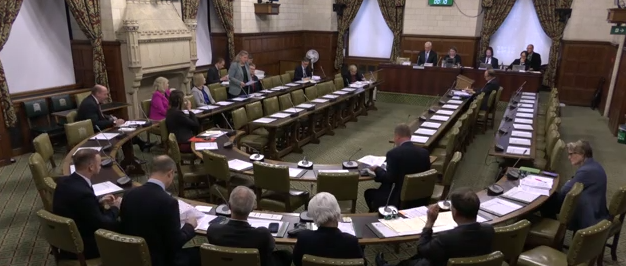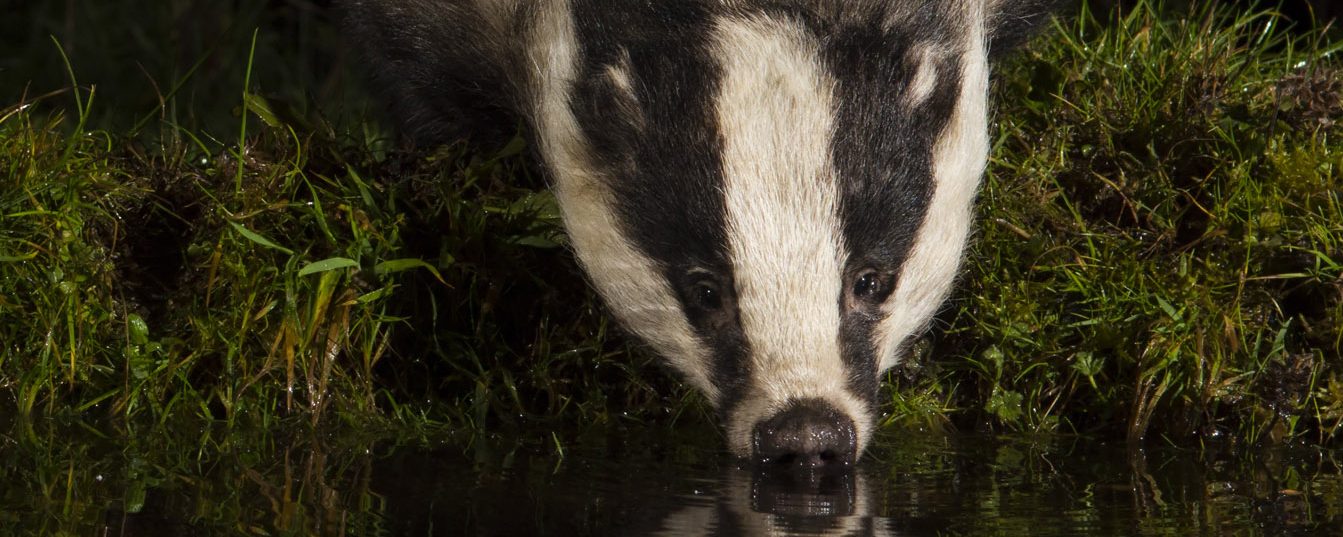 The Westminster Hall debate of the Protect the Wild petition, held on 13th October, was a significant improvement on previous badger cull debates. The majority of voices spoke earnestly about a wish to stop badger culling and address TB testing failures as soon as possible. There wasn’t a repeat of the nonsense we have previously seen; “too many badgers” and “killing hedgehogs, bees and ground nesting birds”. And the Minister Angela Eagle concluded by committing to ending the badger cull by the end of this Parliament (2029), possibly hinting at terminating remaining licenses to bring all culling to a conclusion in 2026.
The Westminster Hall debate of the Protect the Wild petition, held on 13th October, was a significant improvement on previous badger cull debates. The majority of voices spoke earnestly about a wish to stop badger culling and address TB testing failures as soon as possible. There wasn’t a repeat of the nonsense we have previously seen; “too many badgers” and “killing hedgehogs, bees and ground nesting birds”. And the Minister Angela Eagle concluded by committing to ending the badger cull by the end of this Parliament (2029), possibly hinting at terminating remaining licenses to bring all culling to a conclusion in 2026.
But the debate remained very much ‘behind the curve’. MP’s referenced scientific studies that have now been shown to have used implausible statistical methods (Brunton et al 2017 and Downs et al. 2019), or have implied inaccurate conclusions from government analyses (Birch et al. 2024). Several drew their facts from the latest “Bovine TB strategy review update” by the Godfray review panel, but as Badger Crowd has repeatedly pointed out, the scientists who worked on this document are largely the same scientists who have supported the now impugned previous work that claimed badger culling could be effective. They are, quite naturally, strongly resistant to accepting that this view may be wrong; they are simply not independent, as claimed. MP’s are looking to the Godfray Review for inference, but they are not getting a balanced summary of recently corrected science.
The narrative being put out by some MP’s was that the scientific consensus remains that badgers give bTB to cattle at a rate that necessitates badger intervention. Others said it was all over exaggerated and the issue remains uncertain at best. With the results of the RBCT no longer able to support a benefit from badger culling, the implied transmission from badgers to cattle reverts to being an un-evidenced idea. DEFRA has been unable to show that the culls since 2013 have produced a disease benefit, although they claim that it is ‘likely’. This is presumably based on their own confirmation bias, based on out of date studies. They are hanging their hat on Whole Genome Sequencing (WGS) to keep blaming badgers, and Angela Eagle, reading the Defra script given to her, said that this could provide a definitive answer. However, with methods available at the moment, WGS is very much open to interpretation. It provides a range of outcomes that greatly vary and rely on a range of choices and decisions that are not always readily quantifiable and checkable. Often their inference is once again taken from the RBCT, that badgers are responsible for a significant amount of disease in cattle, but this is now unlikely or uncertain at best.
No MPs mentioned specifically the 2024 Torgerson et al reanalysis of the RBCT, or its subsequent defense from the original RBCT scientists (Torgerson et al 2025), which definitively show that the RBCT could show no disease benefit from its results. The hastily put together RBCT analysis annexed at the end of the recent Godfray review claiming to show a smaller badger cull benefit at much lower level of significance has significant statistical problems, and is currently being investigated.
So while we are encouraged that the language and thrust of the WH debate is better than it has been previously, clearly the implications of recently published science have not yet filtered through to MP’s, and perhaps this will take a bit more time. The questionable briefing notes for the debate (generated from government documents) are a clue as to why this is the case. The same civil servants who served the Conservative government with their strong ambitions to cull badgers are now serving a Labour government, who is aiming to stop culling badgers. But these are people who are invested in their previous views, with published scientific papers and reputations to protect. Do we have to wait for a wave of early retirements before we start to see the objective view of the science that the issue deserves?
Discover more from The Badger Crowd - standing up for badgers
Subscribe to get the latest posts sent to your email.

